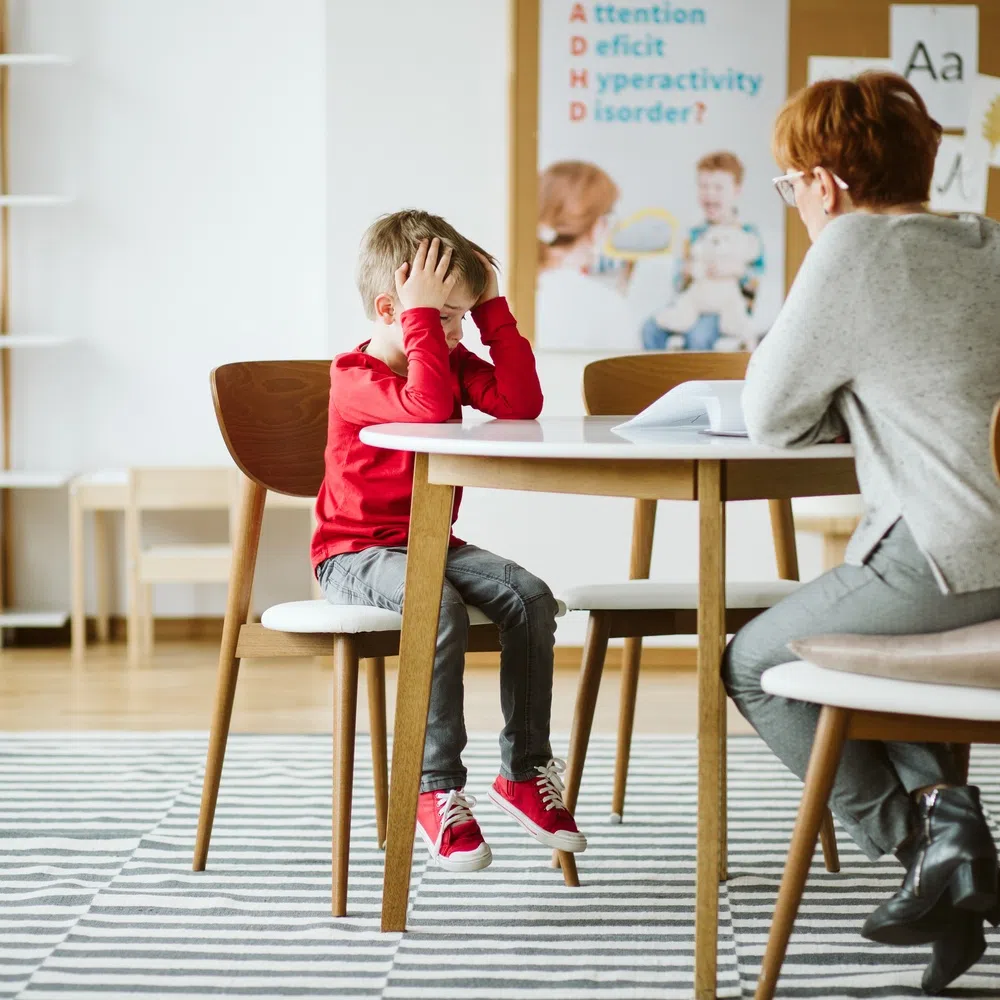Many parents wonder if their toddler’s energetic behavior signals something more than typical childhood development. While all young children exhibit high energy and impulsive behavior, certain patterns may indicate early signs of ADHD. Recognizing these signs early helps parents seek appropriate support and guidance for their child’s unique needs.
ADHD symptoms can appear as early as age two or three, though diagnosis typically occurs much later. Understanding what to watch for empowers parents to advocate effectively for their children and access resources that support healthy development. These are just a few of the very early signs of ADHD in your small children.
Excessive Fidgeting and Restlessness
Young children with ADHD often display constant physical movement that goes beyond normal toddler energy. This fidgeting appears as an inability to sit still during story time, meals, or quiet activities. Your child might squirm constantly in their high chair, kick their legs repeatedly, or seem unable to settle their body even when tired.
This restlessness differs from typical toddler behavior because it persists across different settings and activities. Parents often notice their child struggles to remain seated even for brief periods, making activities like reading books or eating meals challenging for the entire family.
Difficulty Waiting for Their Turn
Most toddlers struggle with patience, but children with early ADHD signs show extreme difficulty waiting. This appears as frequent interrupting during conversations, inability to wait in line without meltdowns, or grabbing toys from other children without hesitation.
Your child might consistently interrupt you while you’re speaking to others or become overwhelmed when asked to wait for anything. This impatience often leads to conflicts during playdates or family activities where taking turns becomes necessary.
Intense and Frequent Tantrums
While tantrums are normal for young children, those with ADHD often experience more intense and frequent emotional outbursts. These tantrums may last longer than typical, occur multiple times daily, and seem disproportionate to the triggering event.
Your child might have explosive reactions to minor changes in routine or become inconsolable when transitioning between activities. These emotional responses often feel overwhelming for both child and parent, creating stress around everyday activities like getting dressed or leaving the house.
Speech Delays or Communication Difficulties
Early ADHD signs sometimes include delayed speech development or difficulty with communication. Your child might struggle to find words, speak in shorter sentences than peers, or have trouble following multi-step instructions.
Some children talk excessively but struggle to organize their thoughts coherently. Others might have difficulty staying on topic during conversations or frequently lose their train of thought mid-sentence. These communication challenges can affect social interactions and create frustration for children trying to express their needs.
Physical Habits and Self-Soothing Behaviors
Research indicates that thumb-sucking is associated with ADHD, particularly when this behavior persists beyond the typical age range. Children with ADHD may rely heavily on self-soothing behaviors like thumb-sucking, hair twirling, or repetitive movements to regulate their nervous systems.
These behaviors often intensify during stressful situations or when children feel overwhelmed. While many children engage in self-soothing activities, those with ADHD may depend on these behaviors more intensely or for longer periods than their peers.
Recognizing the very early ADHD signs doesn’t mean your small children will definitely receive a diagnosis. Many factors influence child development, and professional evaluation provides the most accurate assessment of your child’s needs.
It’s difficult to do, but try to remember that there’s nothing wrong with your child if the way they process the world around them is different than their peers.
Image Credit: Photographee.eu, #269090452
A young child sits at the table with his hands on his head. The teacher sits across him as they discuss a task.




Comments